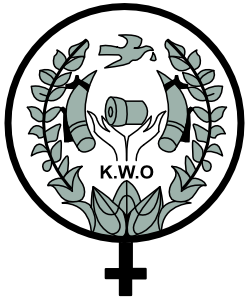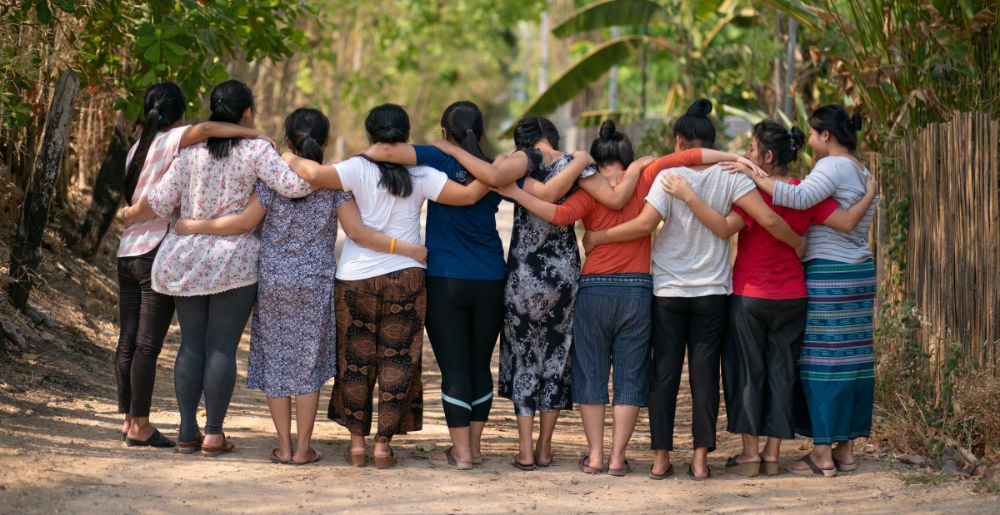The following op-ed was published in the Bangkok Post by KWO Joint Secretary 1, Naw Ta Mla Saw and Maggi Quadrini.
As the Covid-19 situation in Thailand eases, and the kingdom gradually lifts movement restrictions, the needs of refugees living along the border with Myanmar in camps must not be overlooked.
Over the past few months, the restrictions dealt a heavy blow to the refugee community, particularly on its most vulnerable, causing distress. Many of them feel their future is more uncertain than ever before.
The provision of aid services in refugee camps along the Thai-Myanmar border during the country-wide lockdown that started in March is now significantly reduced as leaders adopted strict regulations on site entry. The reduction has not only made the work of camp-based organisations more difficult, but it increased the feeling of hardship by the refugee community.
Finding work as a refugee is already very difficult. It is not uncommon for refugees to leave their camps to informally work as labourers, with very little pay.
The restrictions on freedom of movement meant many refugees lost the opportunity to find work and be self-sufficient. This stress contributed to unhealthy coping mechanisms for young men and women. Some turned to drugs and alcohol, and in extreme cases, suicide.
Local organisations, including the Karen Women’s Organization (KWO), received reports that cases of domestic violence increased in the refugee camps as a result of tensions and disputes stemming from economic uncertainty. This raises another area of concern: protection.
Supporting survivors of violence is more challenging in the refugee camps amid the Covid-19 outbreak. Remote casework is not a viable option if a survivor does not have access to a telephone.
Domestic abuse is considered a private matter in many households. This notion suggests that the rate of violence taking place is likely much higher than what is being reported. The pandemic has also made raising awareness difficult. Raising awareness is needed to keep communities informed and survivors protected and able to access justice referral systems.
There is a risk of prolonged trauma for victims after the lockdown is lifted if their needs are not immediately met.
Efforts to support the most vulnerable have led community-led organisations (CBOs) — who are already operating with compromised budgets — to readjust their operations to maximise their resources, time and the work output of staffs. Local, family-run businesses in the camps were forced to close down. Under the restrictions, refugees had to use their savings to sustain their businesses. There is no guarantee when they will start to turn a profit again.
We want to support their needs and provide healthy coping mechanisms for their fears and concerns, which can spiral into depression and other serious mental health conditions. There will undoubtedly be long-term consequences with prolonged impacts on the overall well-being of refugees. There is a need for donors and for the international community to recognise this, as cross-border aid funding, unfortunately, continues to be reduced. This uncertainty has impacted the work of local groups as well, many of whom were underfunded, to begin with.
KWO calls for the reintegration of refugees to work legally in Thailand. The willingness of the Thai government to give legal access and documentation to refugees to work could be strengthened by technical support from the international community. The move would also allow refugees to recover from their mental and financial setbacks, which resulted from the pandemic.
The work of civil society must continue to be supported to ensure programme delivery remains as consistent as possible, given the circumstances. Refugees are resilient in their ability to experience and overcome hardships, but no one wants to be a refugee forever.
Published on 22 August 2020 in the Bangkok Post here.


